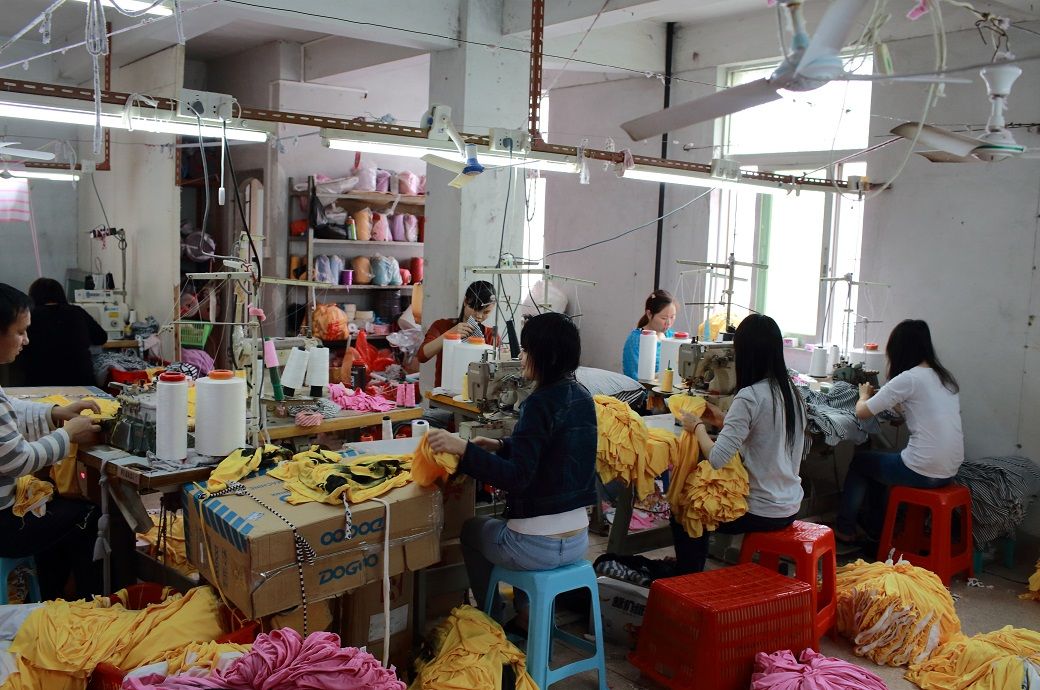
This updated 2025 UFLPA enforcement strategy is part of the Donald Trump administration’s broader efforts to stop foreign countries that exploit their workers from undermining American competitiveness in global trade, a release from from the department of labour said.
“This joint strategy equips our enforcement agencies with the tools they need to crack down on China and other bad actors whose trade abuses distort markets and hurt American workers,” said secretary of Labour Lori Chavez-DeRemer.
Under UFLPA, goods made in China’s Xinjiang region or by designated entities are barred from entering the United States.
The new strategy enhances support for DHS Customs and Border Protection (CBP) in detecting and blocking such imports, and updates the UFLPA entity list, which identifies foreign enterprises barred from importing goods made with forced labour. There are currently 144 entities on the list.
The 2025 update also adds five priority sectors to alert companies of the heightened abuse risk in supply chains: caustic soda, jujubes, copper, lithium and steel. There are now 13 high priority sectors under UFLPA that include apparel, cotton and cotton products, and polyvinyl chloride.
One of the hallmarks of the new strategy is using all available tools to prevent forced labour goods in global supply chains. The FLETF is leveraging industry relationships to build awareness of the risks of forced labour and expand the US administration’s collective knowledge of best practices to identify and isolate bad actors.
DHS and FLETF partners will continue to work with international partners, as they develop their own approaches and enforcement regimes to keep goods made with forced labor from legitimate markets.
ALCHEMPro News Desk (DS)
Receive daily prices and market insights straight to your inbox. Subscribe to AlchemPro Weekly!